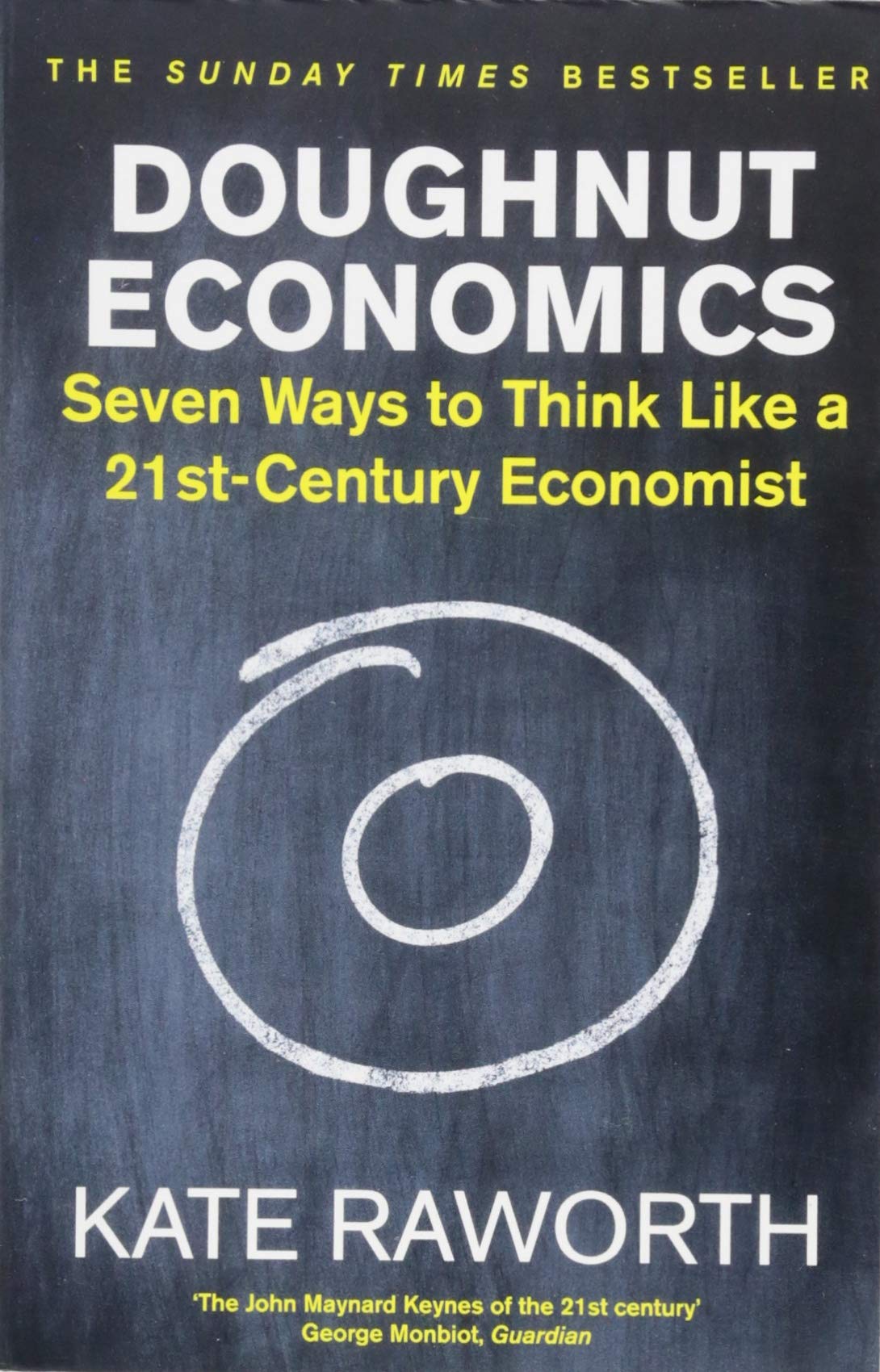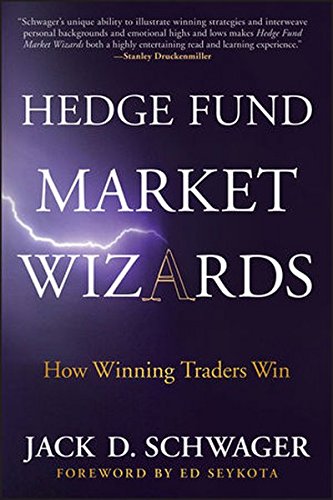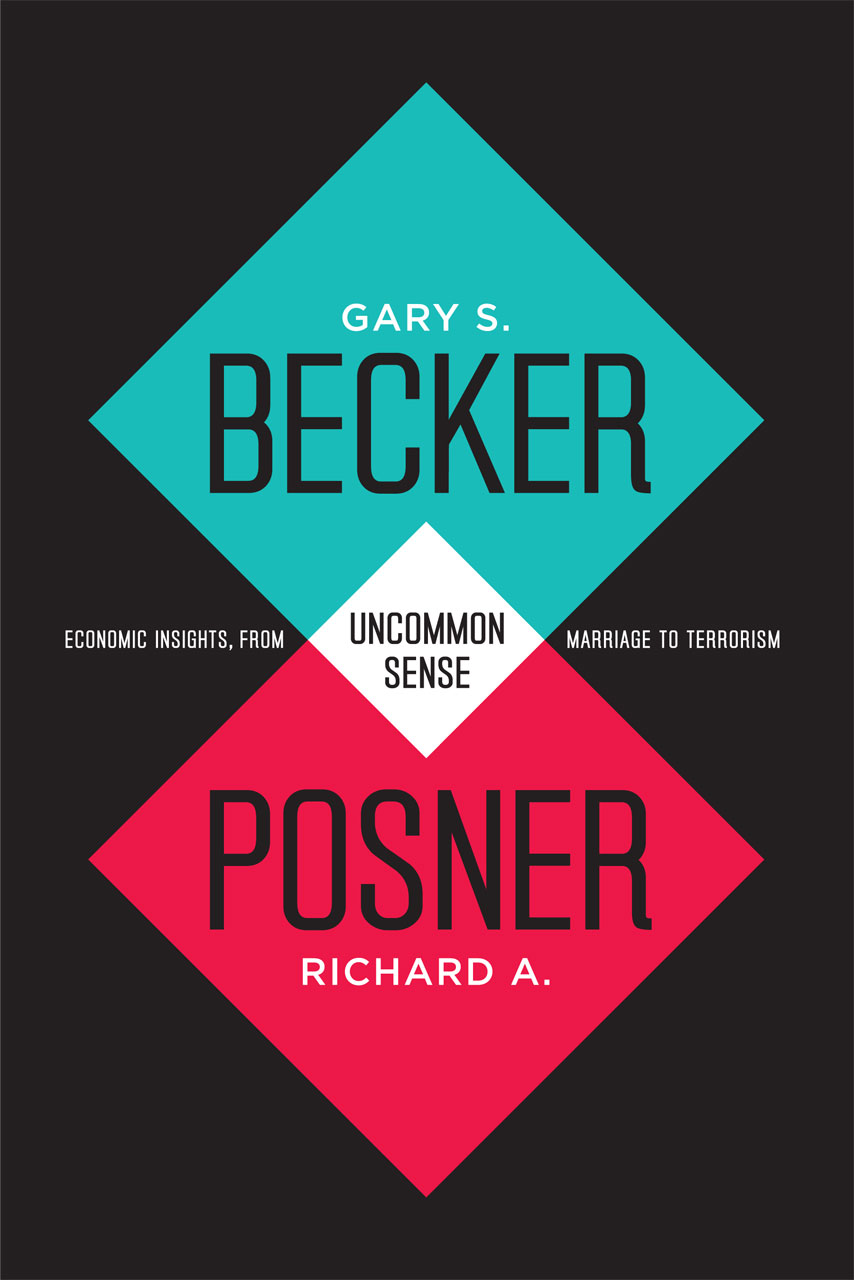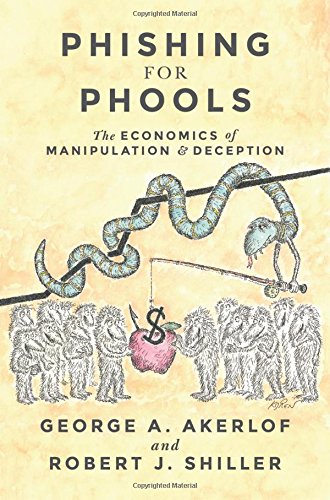Modern economics Economics is stupid, remember? It is modeled on ridiculous assumptions like perfectly rational egotistical actors, or efficient and fully transparent markets. It exists in an intellectual bubble where even the most relevant developments made in other fields are dismissed as mere “externalities” unworthy of recognition within economic theory. And it simply does not work, because it provides economists with almost no capability to predict the future development of a market or society, to calculate the effect of a new policy, or to prevent the next crisis. Fortunately, economists start to see it the same way. Doughnut Economics by Kate Raworth pictures a way towards a modern, sensible economic theory. I may be a bit unfair, and there certainly is more to economics than stupid ways to put a price on things. Nevertheless, one central question has always been how to measure or evaluate alternatives, be it on individual or governmental level. And regardless of the particular method of measurement, the “better” choice is defined as the one that yields “more”. More money, more GDP, more status. Economics expects, even demands, not only growth, but ever increasing growth rates. Growth of the growth, if you will. And that can…
Review: – Disclaimer: the German version comes as a trilogy, and I only read the first book about macro strategists, so technically this review only applies to one third of Hedge Fund Market Wizards. – Trading is easy now. Hundreds of online brokers and trading systems contend for your attention. Each one offers lower transaction fees, more professional analysis tools, better training videos and access to more exotic underlyings than the next. Trading consistently successful, however, is actually pretty hard. Like its predecessors (Market Wizards, New Market Wizards, and Stock Market Wizards), Hedge Fund Market Wizards, contains a series of interviews with successful traders. Author Jack Schwager, himself a recognized trading expert and fund manager, sat down with some of the top hedge fund managers to discuss their personal background and strategies. There is a lot more to trading than you would initially think. Some people trade systematically (using an algorithm to decide about trades), some are discretionary (using their intuition). There are trend followers (expecting a momentary trend to continue for some time) and those who expect a trend to revert to the mean. Some analyze fundamental market data, some just look at price charts. And I’m still taking…
Review: A tall tale of market efficiency, informed choice and the quest for the right discount rate. I’ve been reading on modern economics lately. Some authors challenge dearly held economic assumptions, others use new and radical methods. Uncommon Sense is the old-fashioned kind of economics. The kinda bad kind. Becker and Posner curated a collection of their blog posts, each one written by one author with a commentary of the other. I did not check if the book content was directly taken from the author’s blog, or if some updates have been made. They muse on different topics, arranged by overarching themes, and they offer their economic and legal view on affairs. Applying economic principles to affairs things are not typically appraised by economic value is a neat idea. Bring down any decision to a sum of money that the alternatives will cost or bring in, and everything gets easy. Unfortunately, it doesn’t work all the time. Here are some examples from Uncommon Sense where I believe that the authors go awry. They never think far enough Love is transactional, remember? Becker and Posner would like to take it one step further and define marriage purely as a contractual…
Review Apparently, a good portion of current economic theories and models are based on an idealized model of the free market, where consumers and companies have access to complete market information and only make rational decisions. As a scientist, I believe that models should describe reality in a simplified manner. Models can contain a fair amount of idealization (physicists have their pockets full of infinite rods and frictionless springs), but they are only useful if they allow predictions that can be verified in empirically. So let’s get back to the free market and look if everybody is rational and informed. Have you ever bought something you immediately regretted buying? Have you ever bought something and then found it cheaper somewhere else literally five minutes later? I did. How shocking! Sometimes, new paradigms of economic theory seem banal for normal people: we are paying too much for everything, because companies manipulate our information and desires, a process the authors refer to as “phishing”. Airport food is stupidly expensive, because we feel hungry after a long flight (or a long wait for the flight) and have no time to compare all alternatives. The same psychology made some savvy financial players make up…






